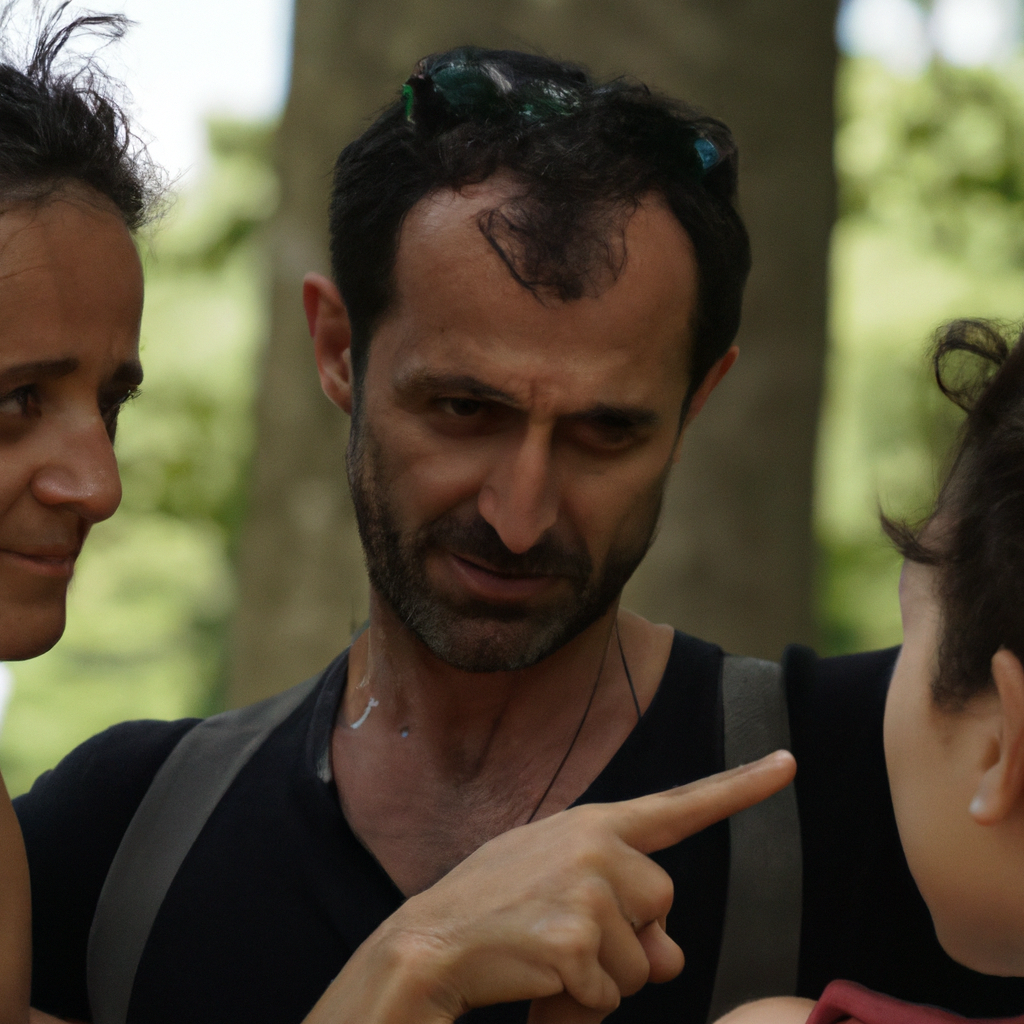The recent trend of testing hypnosis has gained traction, particularly with the experiment titled ‘I Got Hypnotized To See If It’s Fake’. This investigation explores the boundaries of belief and skepticism around hypnosis. The phrase ‘I Got Hypnotized To See If It’s Fake’ has become a cultural touchstone as viewers question the authenticity and effectiveness of hypnotism.
As people continue to explore the depths of the mind, this phenomenon raises critical questions. Is hypnosis a genuine psychological tool, or is it merely an illusion? Those who participated in the experiment reported a range of experiences, from profound insights to skepticism about the entire process.
🎯 The Mechanics of Hypnosis
Hypnosis relies on focused attention and heightened suggestibility. Many participants found themselves unable to distinguish between reality and suggestion. The fascinating part of this experiment was how easily individuals could be led to believe in experiences that felt real, even if they were fabricated.
Participants displayed varying responses to hypnotic suggestions. Some were easily influenced, while others resisted the experience. This disparity highlights the complexity of human psychology. The experiment also prompts a broader discussion about the potential therapeutic uses of hypnosis in treating ailments such as anxiety and phobias.
💡 The Science Behind Hypnosis
Research into hypnosis has evolved significantly over the years. Neuroscientists are exploring how the brain responds to hypnotic suggestions. Advanced imaging techniques reveal that brain activity shifts during hypnosis, indicating that it is more than mere fantasy.
In fact, many therapists incorporate hypnosis into their practices to assist clients in reaching deeper states of relaxation. The potential benefits are vast, but skepticism still exists. Critics argue that the effects can be attributed to placebo or other psychological factors rather than true hypnotic influence.
📊 Public Perception and Skepticism
Public perception of hypnosis remains mixed. While some view it as a legitimate psychological tool, others see it as a parlor trick. The experiment ‘I Got Hypnotized To See If It’s Fake’ has reignited these debates, attracting attention across social media platforms.
Many viewers expressed their disbelief, while others shared personal anecdotes of successful hypnosis experiences. This duality in perception highlights the ongoing struggle between scientific inquiry and cultural myth. As society becomes more open to exploring mental health solutions, understanding hypnosis will be crucial.
⚡ The Future of Hypnosis Studies
Looking ahead, the future of hypnosis research appears promising. As technology advances, scientists will likely uncover more about how hypnosis impacts brain function. These insights might lead to novel therapeutic approaches for mental health treatment.
With an increasing focus on mental well-being, understanding hypnosis could bridge gaps in traditional therapeutic methods. This could enhance patient outcomes and encourage wider acceptance of alternative treatment modalities.
In conclusion, ‘I Got Hypnotized To See If It’s Fake’ serves as a starting point for deeper discussions about hypnosis. It challenges viewers to reevaluate their beliefs and consider the complexities of the human mind. For those intrigued by the potential of hypnosis, now is the time to engage in this evolving conversation.
Don’t forget to share your thoughts on the experiment with friends and family. Let’s keep exploring the mysteries of the mind together. Share.
